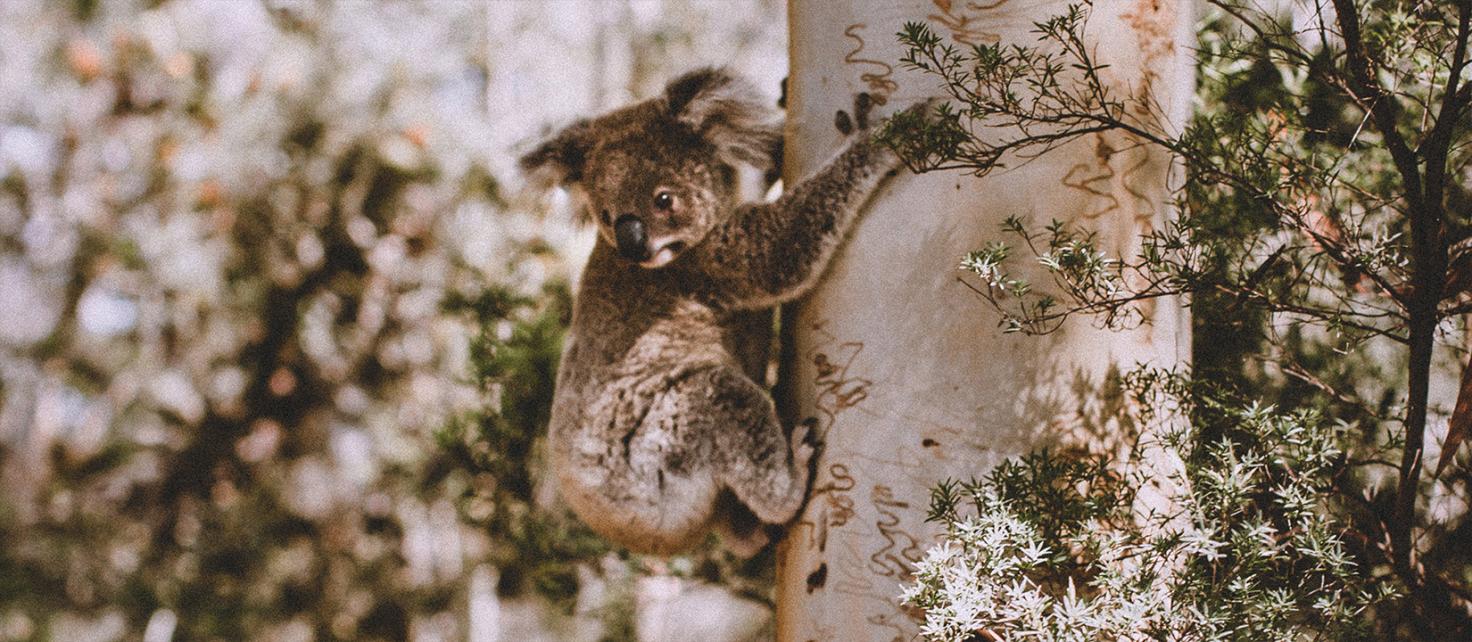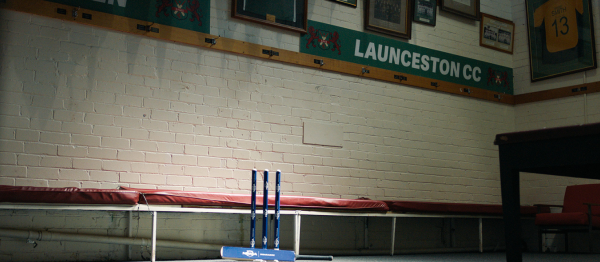04 November 2021
Turning your home into a wildlife haven
By making your home hospitable to wildlife, you can help make life easier.

If you find a vulnerable animal, you can help to give them a greater chance of survival. Here are some ways you can help our wildlife.
Provide a reliable water source
One of the most helpful things you can do for wildlife is provide a regular water source. A bird bath encourages birds to visit your garden and offers them a safe place to drink and cool off. Birds of all sizes love a good splash in water, so you’ll need to refill it regularly, especially when word gets out and it becomes a popular watering spot.
Consider tree and ground-dwelling animals too. Recycled ice cream tubs make great drinkers on the ground and in the lower branches of trees – secure them with tape and simply refill them with a bucket or hose every few days. Alternatively, if you’re using a metal container, make sure you choose a shady spot as metal can heat up quickly in direct sunlight.
Install feeders
Feeding wildlife isn’t always encouraged, but after last summer’s devastating fires, many animals have struggled to find adequate food sources. If you want to make your place a haven for wildlife, consider installing a bird feeder and providing native bird seed, or share your fruit trees with visiting animals. However, don’t leave human food lying around as it isn’t good for native animals – and can attract the wrong kind of wildlife, like rats.
Cover your pool
While inviting the neighbours over for a swim is good hospitality, offering the use of your pool to wildlife isn’t. Water is vital, but pool water can make animals sick and pools pose a drowning risk for heat-stressed animals that might jump or fall in and be unable to get out. Make your pool rule ‘people only’ and cover it when it’s not in use.
Know how to spot heat distress
When the mercury climbs into the mid 30s and above, animals are at risk of heat distress (similar to heat stroke in humans) especially if they don’t have access to water or a place to retreat from the heat. It’s important to know what to look out for, in case you come across an animal around your home or when you’re out and about.
According to Animals Australia, the signs that indicate a native animal is heat-stressed include:
- Nocturnal (active at night) animals, such as possums, out during the day
- Tree-dwelling animals such as koalas, on the ground
- Birds or animals displaying any loss of balance, collapse, confusion or panting
- If you come across a wild animal being docile — ie. if you can approach them and they don't run away — this is a sign that they are not well and need urgent care.
What to do if you find a heat-distressed animal
If you live near bushland where you’re likely to come across wildlife, it’s a good idea to prepare an emergency kit to keep in your car including water, a blanket or towel, and a box. You can find some kit suggestions here.
Should you come across an animal and you suspect it’s heat-distressed, first call your local vet or local wildlife rescue group (website Backyard Buddies is a good resource to help you find one in your area).
Keep your pets away from the animal and try to usher or move it into the shade if possible. Offer the animal water in a dish to lap, but do not pour it directly into its mouth. If you need to contain or transport the animal, try to handle it as little as possible and wear study gloves as it may panic and try to bite or scratch you. (Animals Australia suggests placing a washing basket over an animal while you wait for a carer to arrive if you don’t feel it’s safe to handle.) Hand over the animal to qualified carers as soon as you can.
Protect wildlife from your pets
On the subject of pets, while we Australians are without a doubt a devoted bunch of animal lovers, it’s important to remember that wildlife and pets don’t mix. If you want to encourage birdlife, keep a close eye on your cat, bring it in at night and make sure it wears a bell. And when it’s hot, keep your pets inside with you where they can keep cool with you. This will also help to protect the wildlife around your home when they need it the most.



